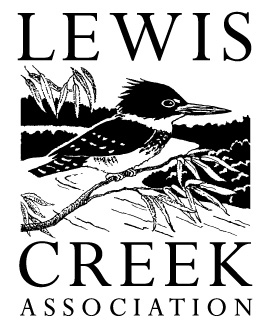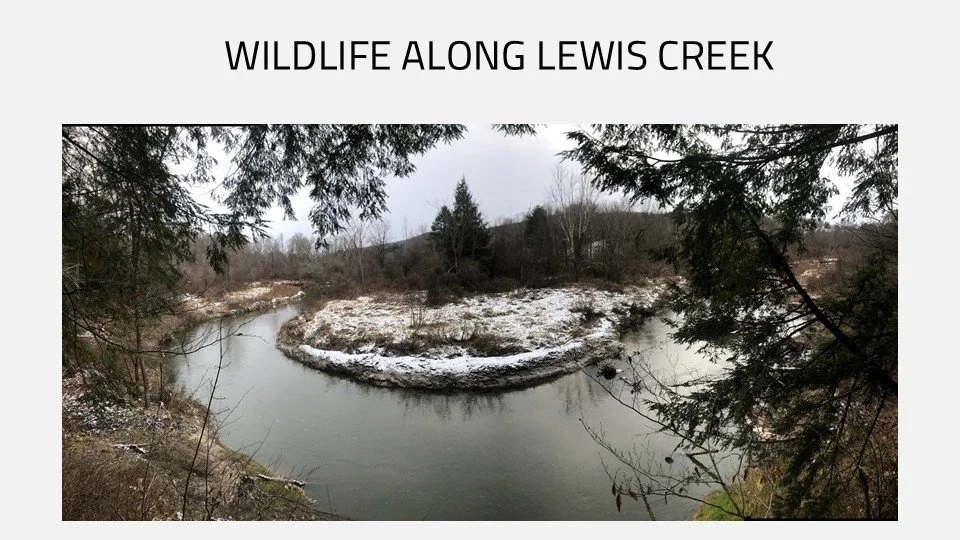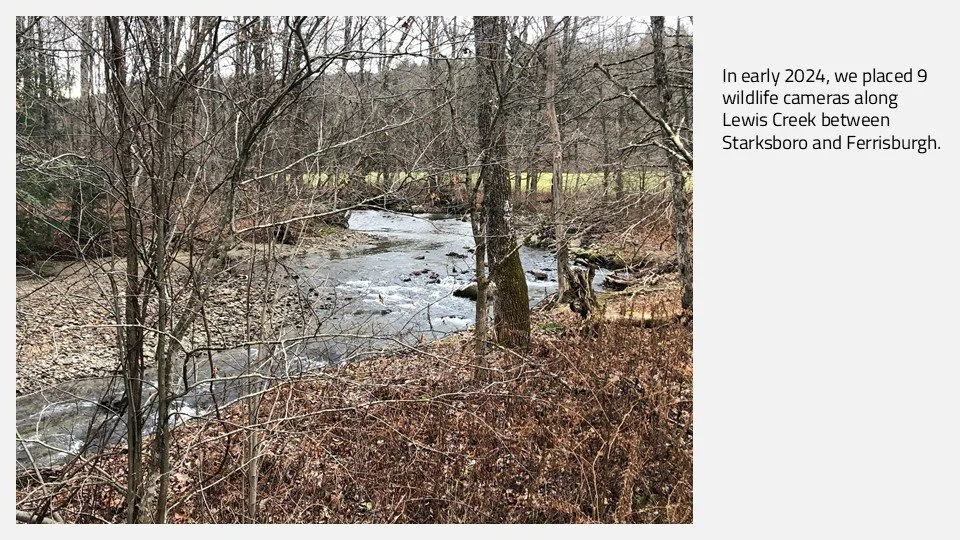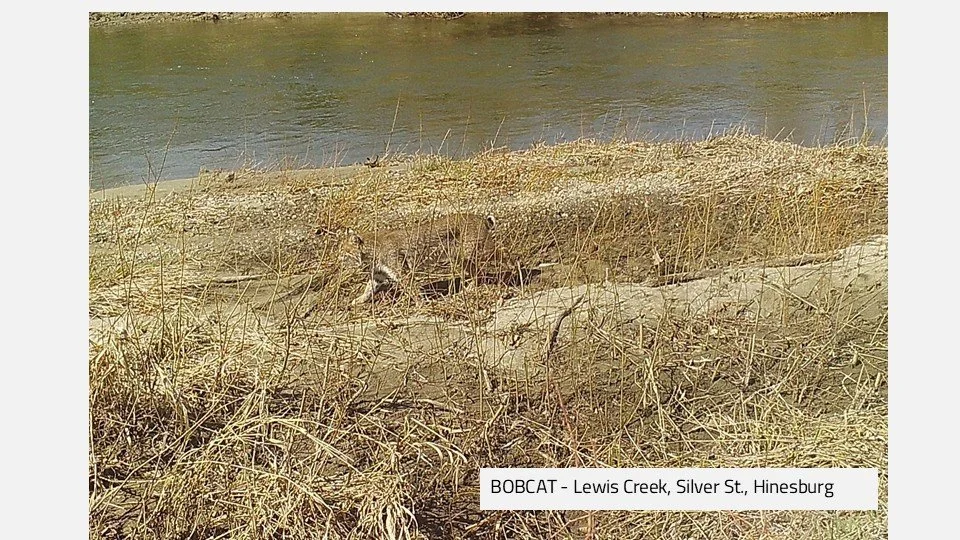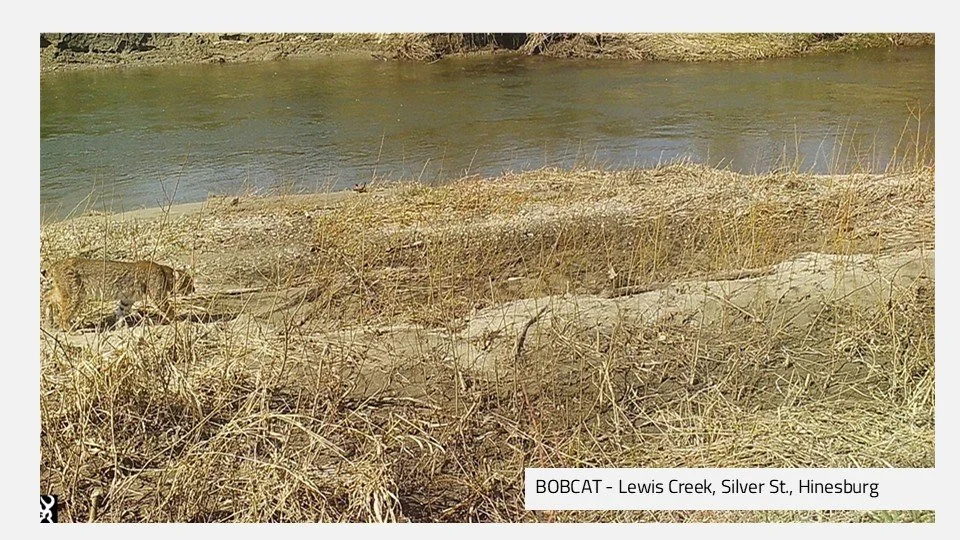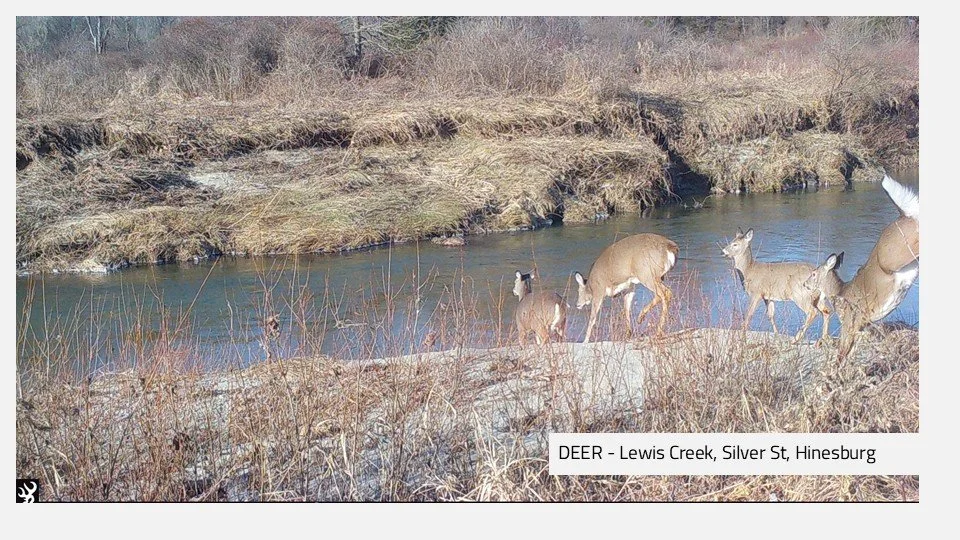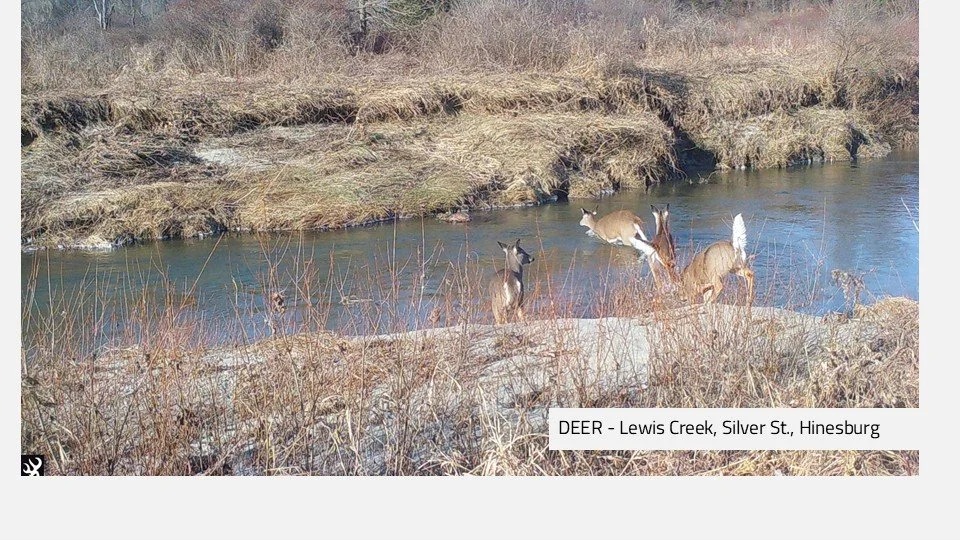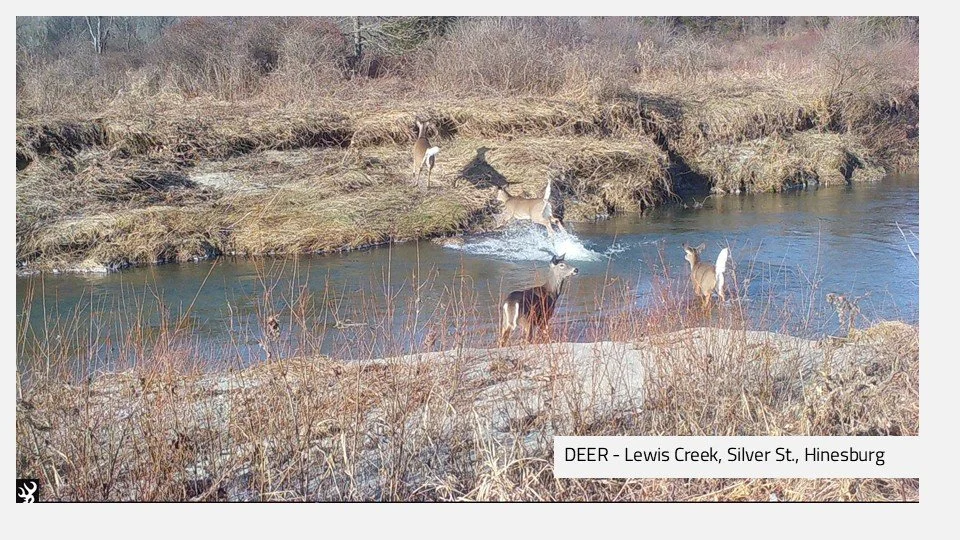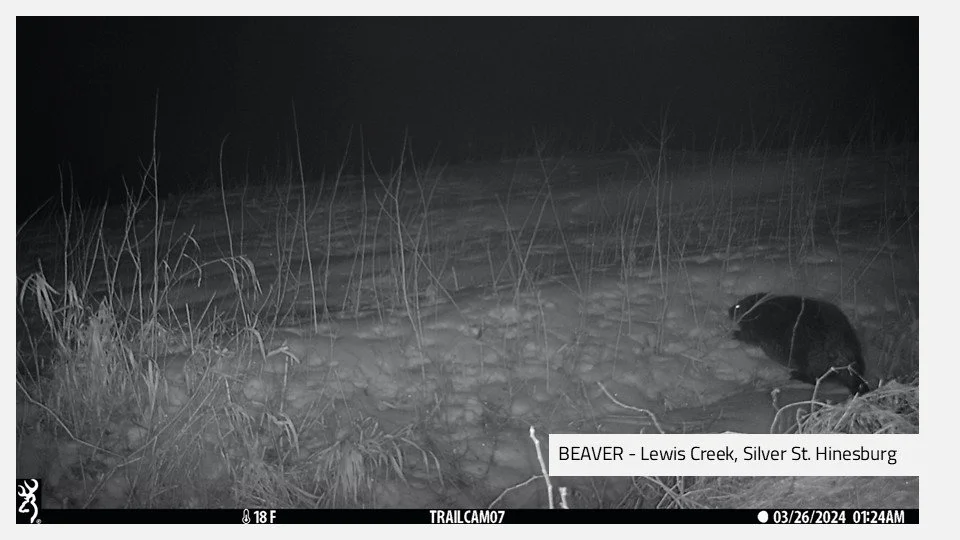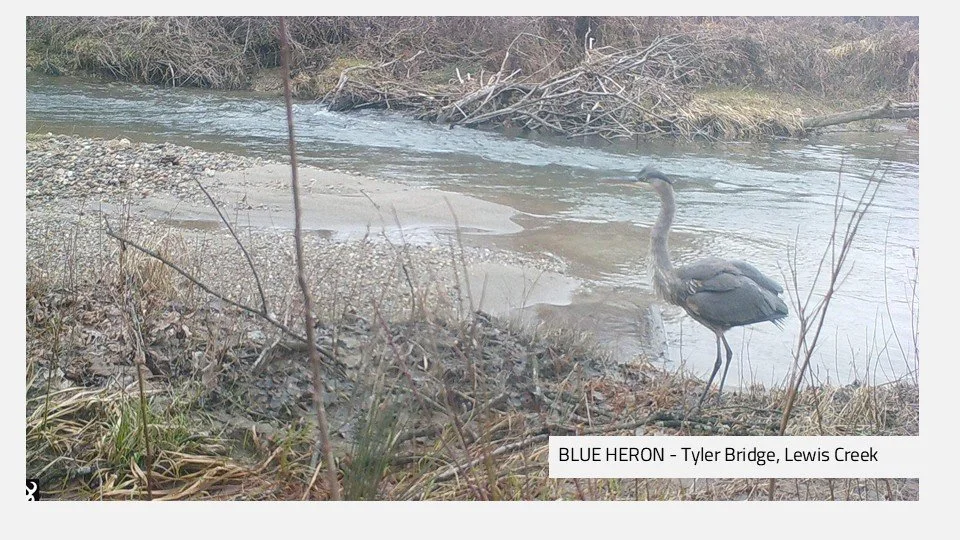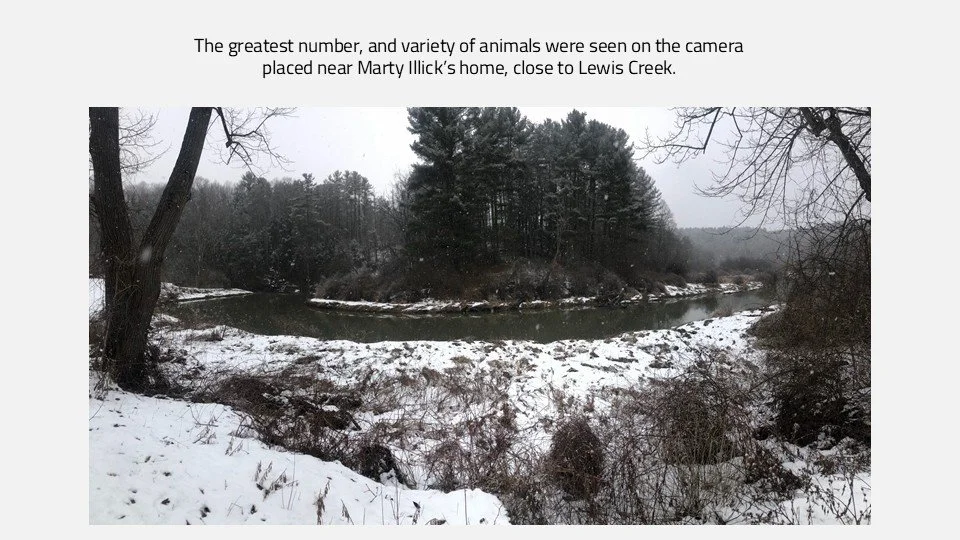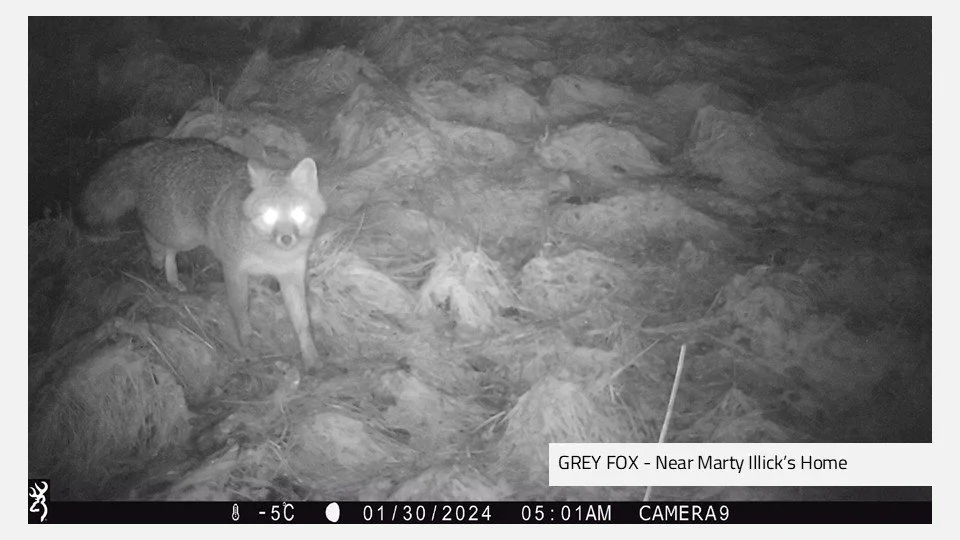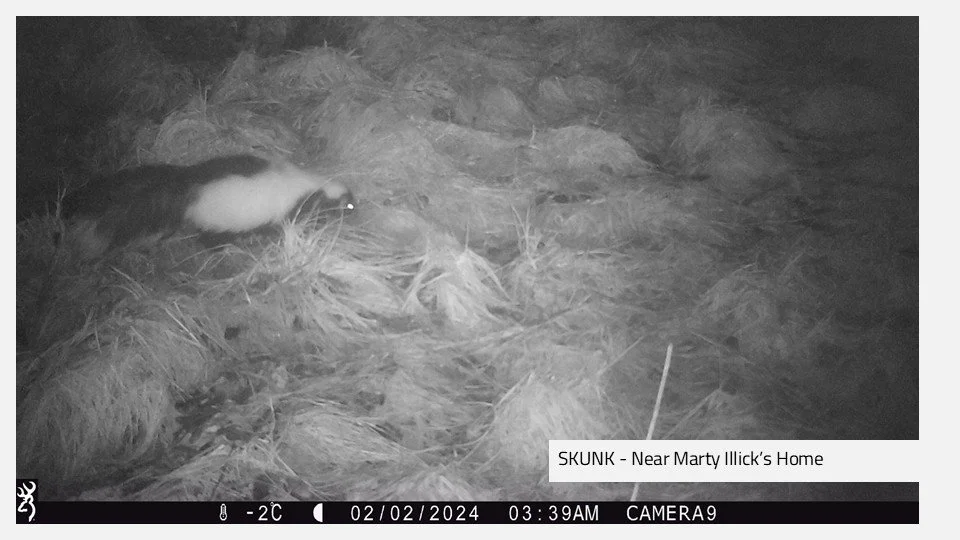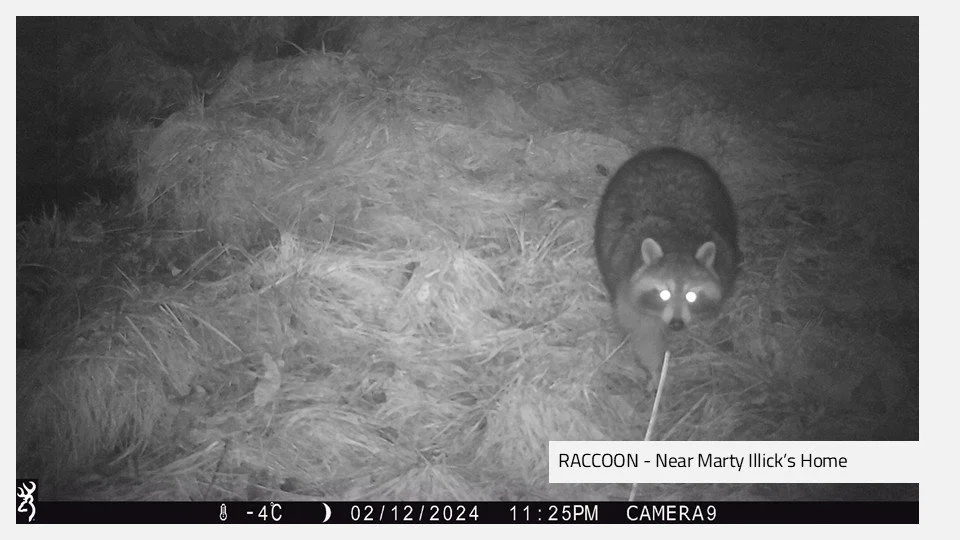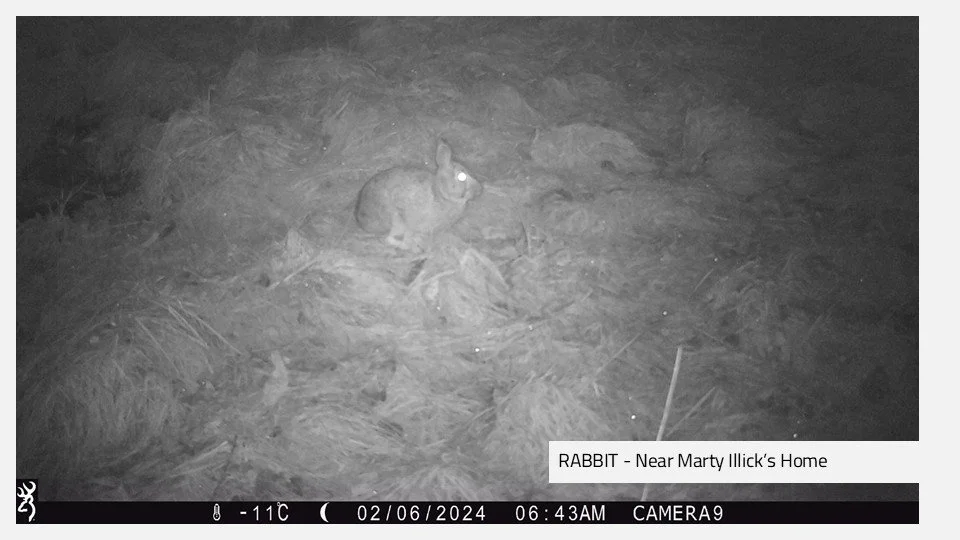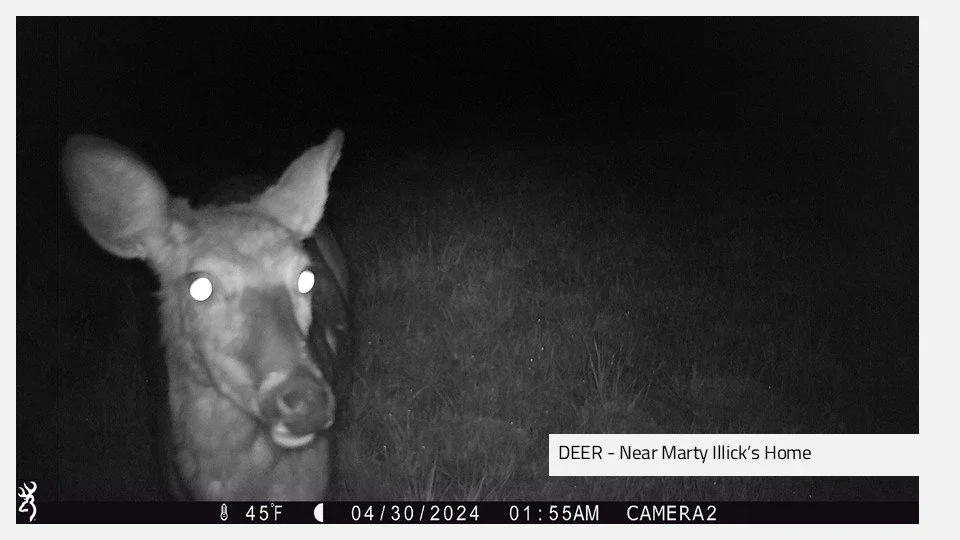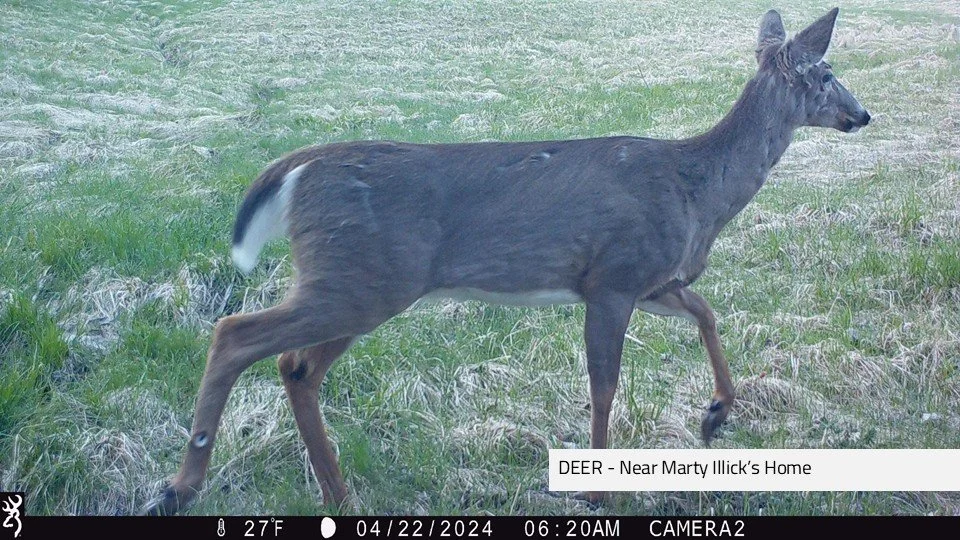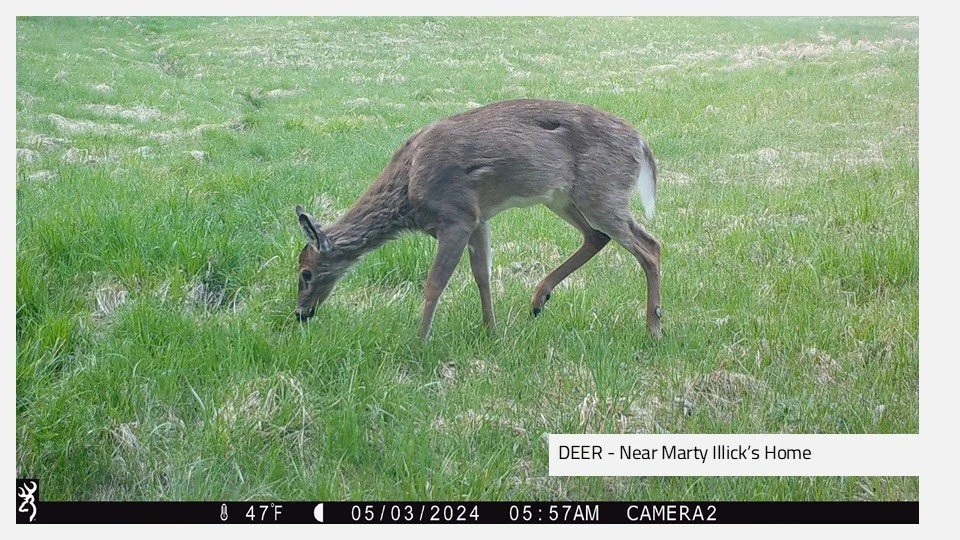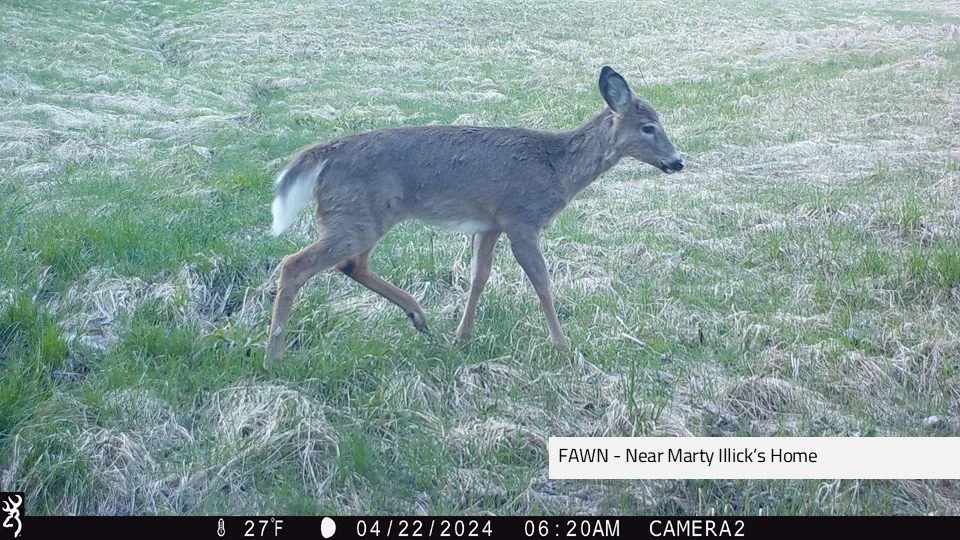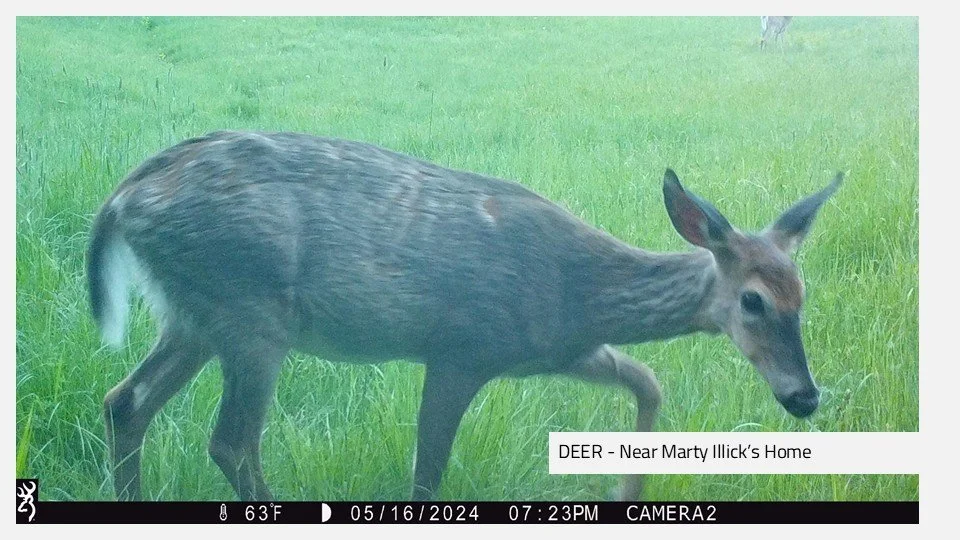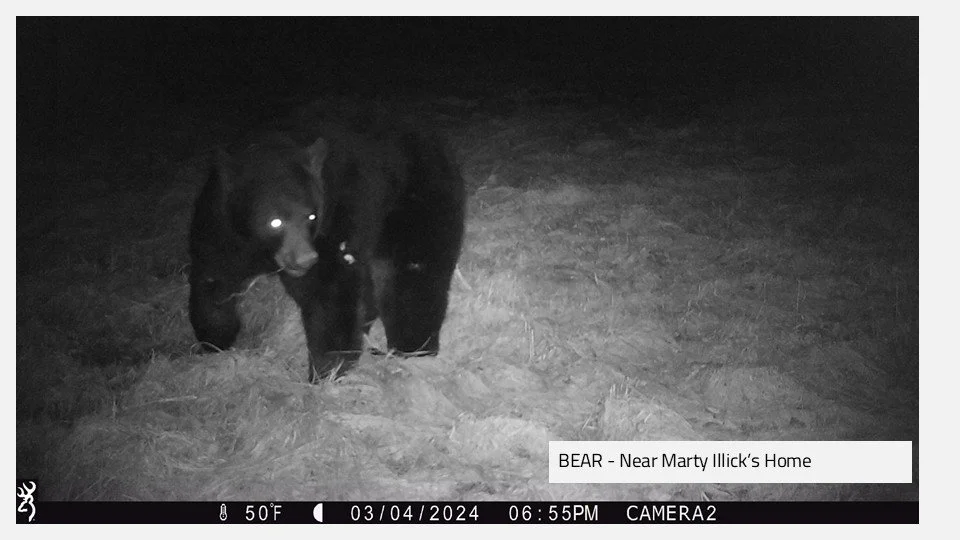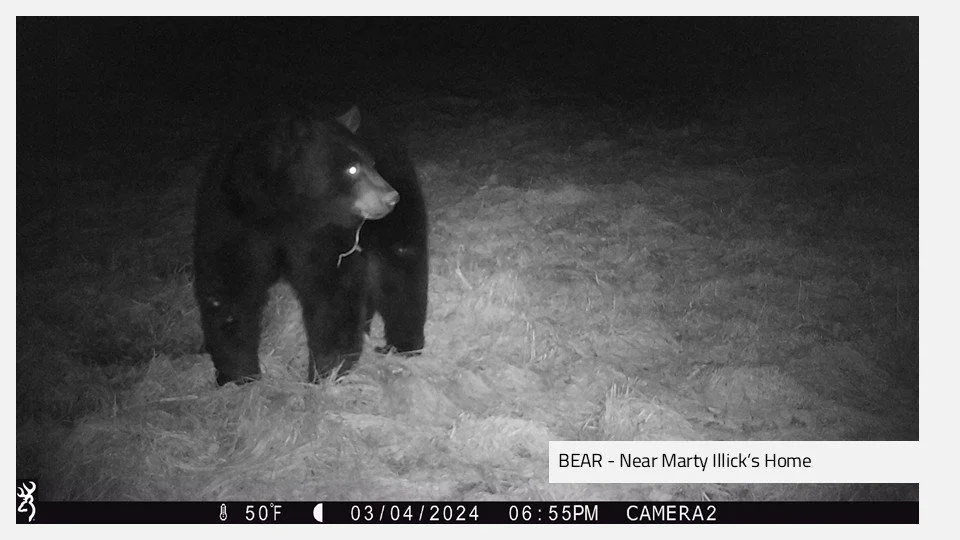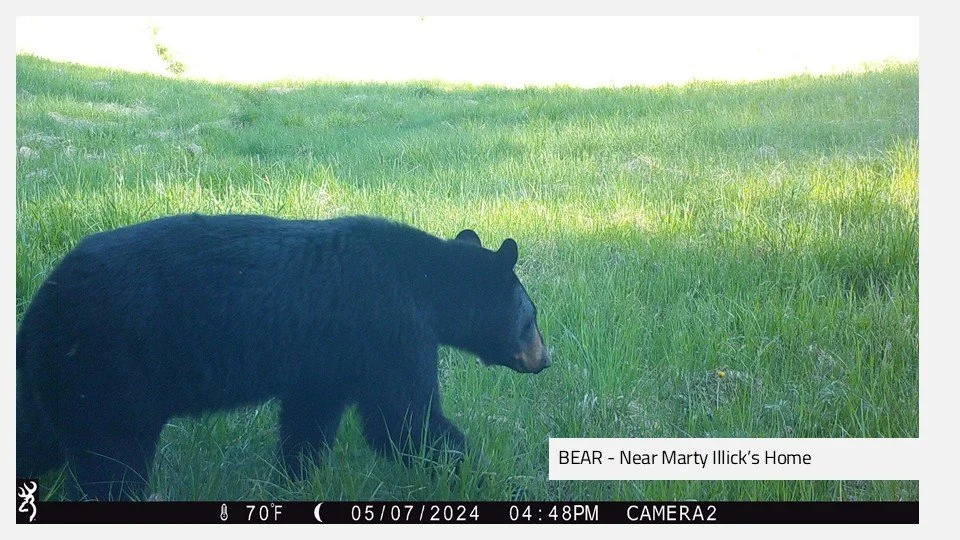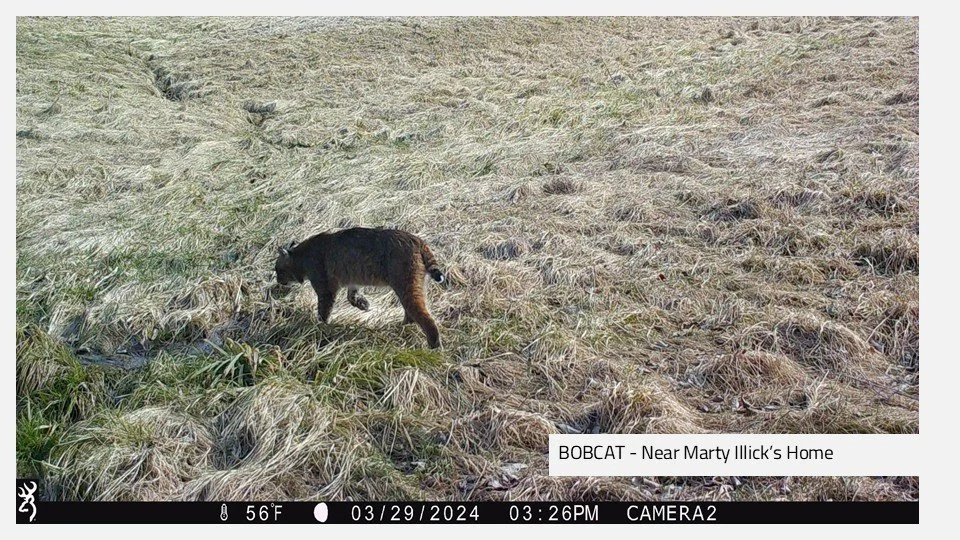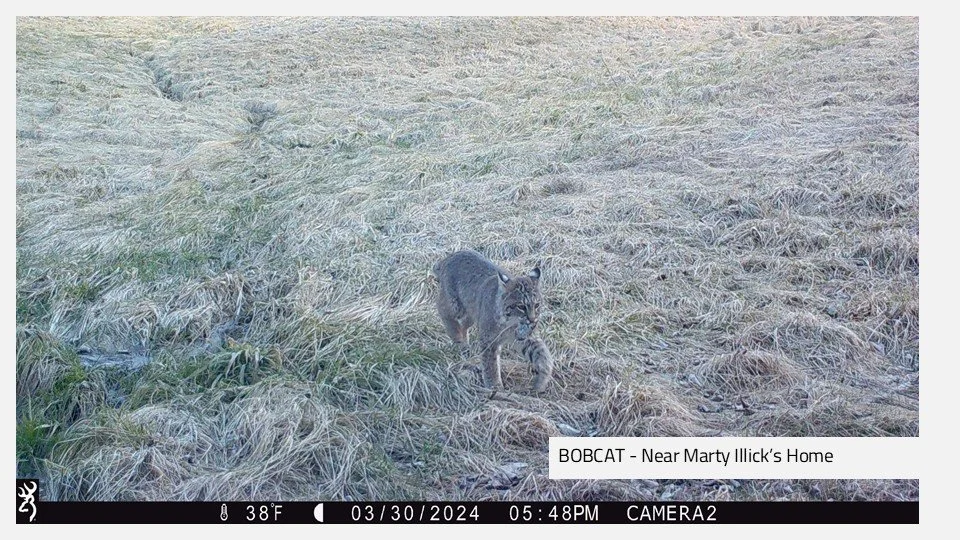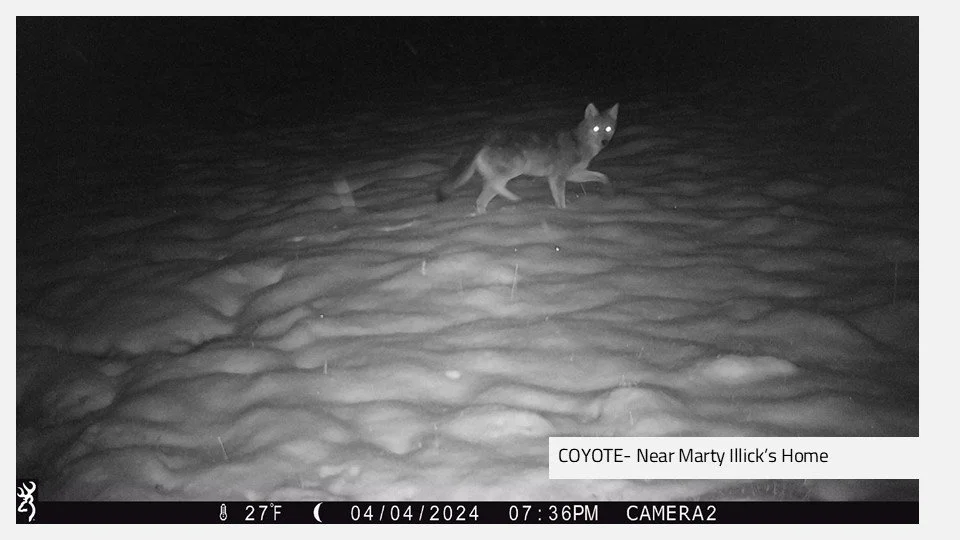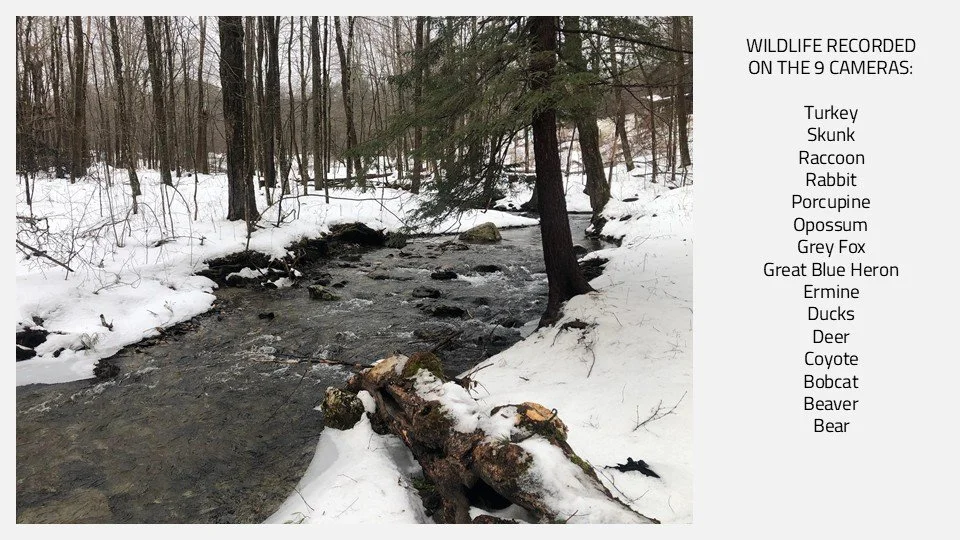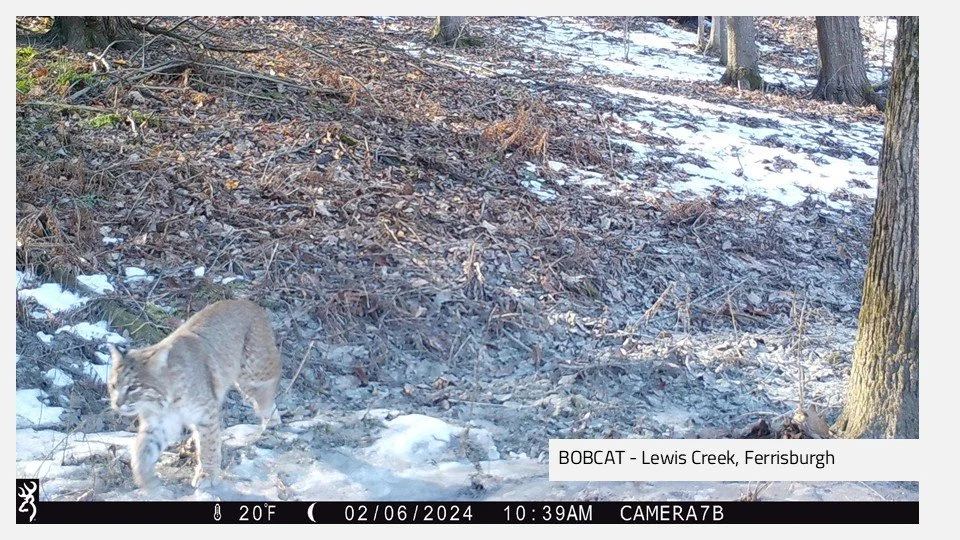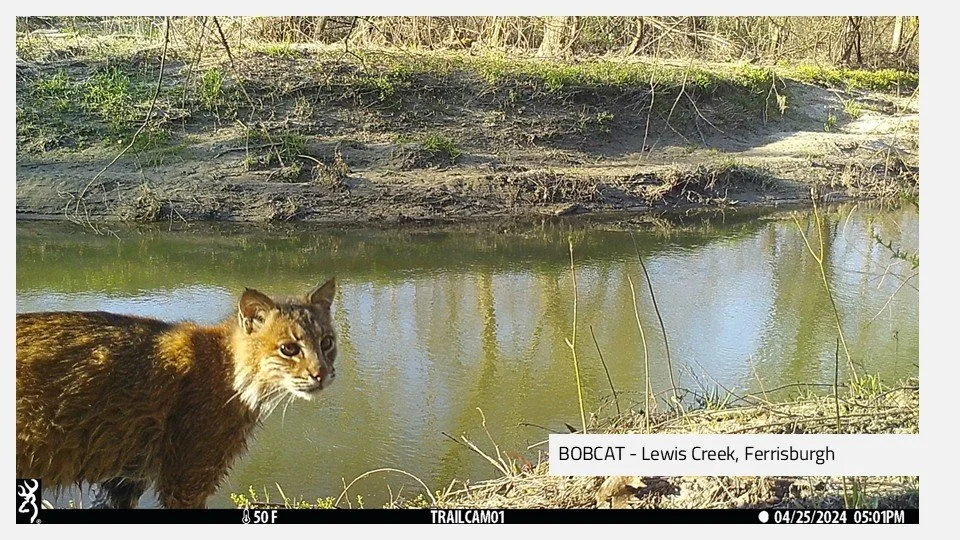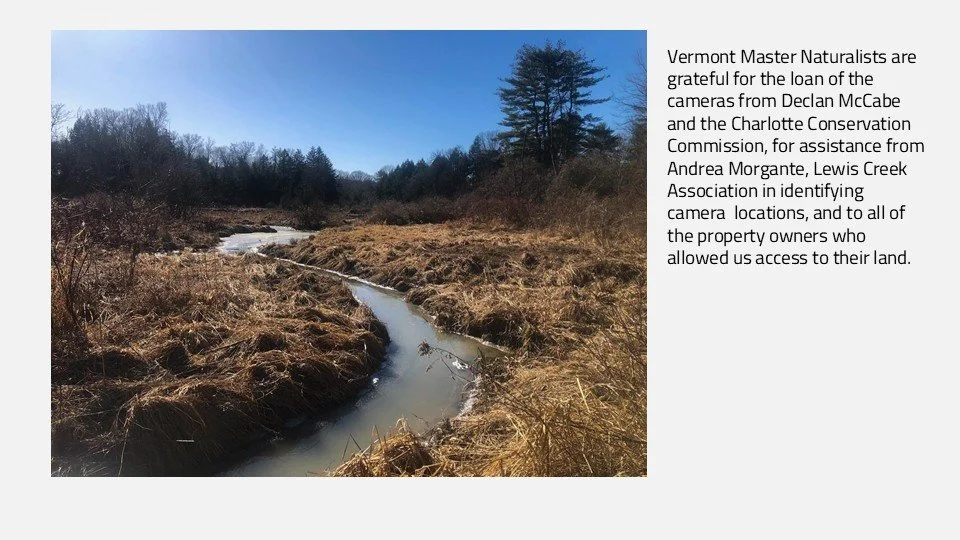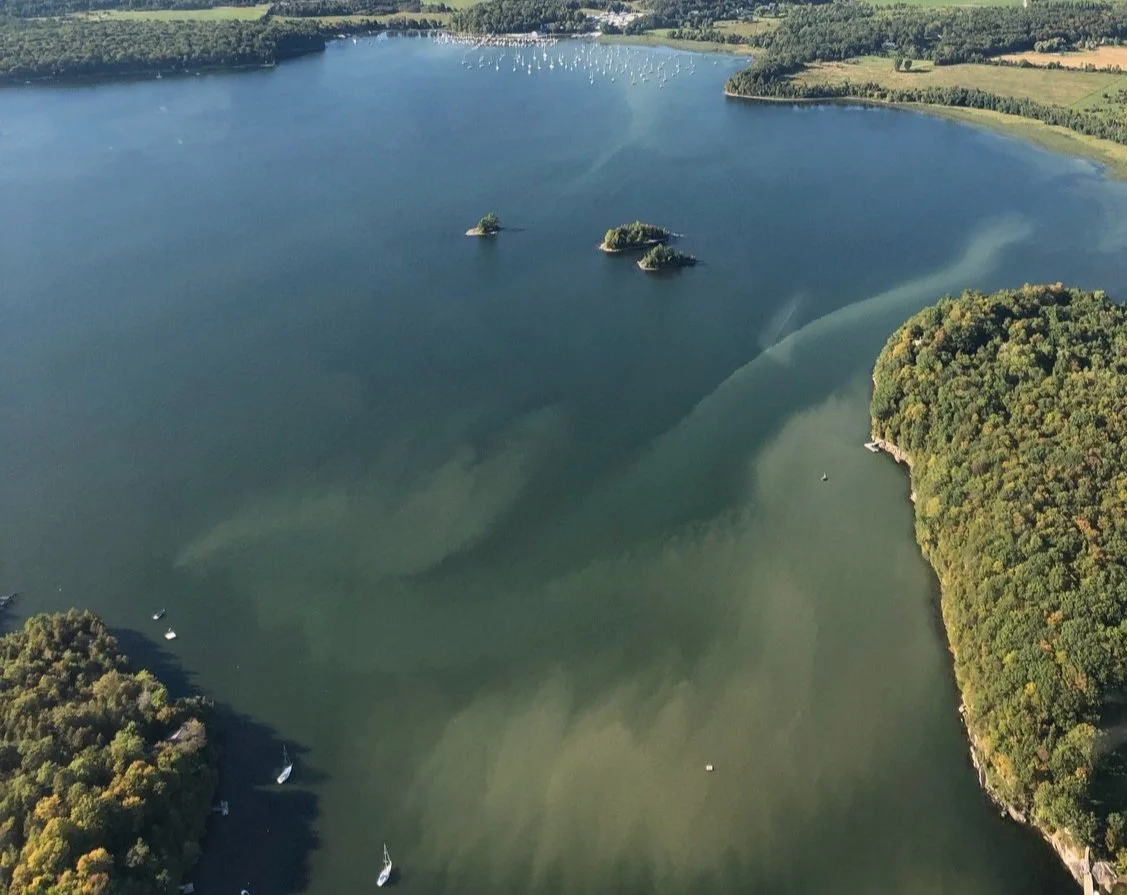We depend upon volunteers and other partners to leverage maximum support for resource protection.
LCA works in the programmatic areas of Data Collection & Planning, Conservation & Restoration, and Education & Outreach to complete a wide of array of projects in the Lake Champlain Valley. View our current projects here!
ahead of the storm
Ahead of the Storm (AOTS) grew out of a group of citizens from Charlotte, Hinesburg, and Shelburne who were concerned about the serious decline of Lake Champlain's health and water quality. Stormwater runoff from driveways, fields, parking areas, and lawns is a major factor in the deterioration of our water quality. AOTS helps communities change the way stormwater is managed on properties to reduce water pollution and be more prepared for extreme weather events and impacts of climate change. Fifteen municipal, commercial, and private properties have been selected to become demonstration sites to showcase more optimal conservation practices in a variety of landscape settings.
AQuatic INVASIVE Plant Control and removal
LCA, with the help of federal, state, town, and local partners and funders, has been involved with removal of aquatic invasive species (AIS) since a population of European frogbit was discovered in Town Farm Bay (Charlotte) in the spring of 2007 and the Lower LaPlatte (Shelburne) in 2008. Since 2009, a team of citizen volunteers have canoed these water bodies during the summer months to pull frogbit, and now maintain frogbit at less than 5% cover. LCA has also studied (with the help of contractors) and led removal efforts for yellow iris, water chestnut, and flowering rush. Click here to learn more about our removal efforts for European frogbit (and learn how you can volunteer), yellow iris, flowering rush, and find links to other invasive species resources. In 2020, LCA began a boat launch steward program at Bristol Pond, and coordinated a survey of AIS in the Lewis Creek watershed. The boat launch steward program was expanded to include Monkton Pond in 2021. Click here to learn more about our boat launch steward program and read seasonal reports that include results from the boats checked at Bristol Pond and Monkton Pond. This page also includes links to Lewis Creek watershed AIS survey results, and our management plan for the Lewis Creek watershed.
south chittenden river watch
The South Chittenden River Watch (SCRW) is a volunteer water quality monitoring group that is managed by LCA. The SCRW (previously LaPlatte Watershed Partnership) has been monitoring water quality in four watersheds in southern Chittenden County since 2004. Volunteers take water samples from the LaPlatte River, McCabe's Brook, Thorp Brook, Kimball Brook, and Holmes Brook that are analyzed by the VT DEC LaRosa Lab. SCRW began monitoring Lewis Creek in 2022. Results are shared with property owners, towns and the State to guide water quality improvement efforts.
Mountains to Mouth - Lewis creek
LCA is currently working on a “Mountains To Mouth, Bedrock to Birds” Field Guide to the Lewis Creek Watershed. This project is being developed using the Marty & Terry Memorial Fund as a tribute to them both. Take a look at the Wildlife Camera Slideshow above that was put together by Vermont Master Naturalist students for LCA’s 2024 Annual Meeting and Celebration. In early 2024, the students placed nine wildlife cameras along Lewis Creek between Starksboro and Ferrisburgh, and this is what they saw.
Monkton wildlife crossing
Reptiles and amphibians are the vertebrate groups most sensitive to road mortality. Monkton Road happens to be right in between crucial breeding habitat and over-wintering habitat for the Blue-spotted Salamander, a species of Special Concern in Vermont. Since it takes these amphibians approximately 5-6 minutes to cross the road and they are nearly invisible to drivers, mortality risk is high. Over the past few years, concerned citizens have rallied together along with the Town of Monkton to raise funds, design, and implement a wildlife crossing under the road to ensure safe travel.
Public Health
Cyanobacteria - Research and Awareness on a Potential Neurotoxin
Lewis Creek Association understands the connection between water quality (nutrient pollution) and cyanobacteria (also known as blue-green algae) blooms in lakes. We are concerned about public health, as it ties in closely with our work to improve water quality through the Ahead of the Storm program and education.
